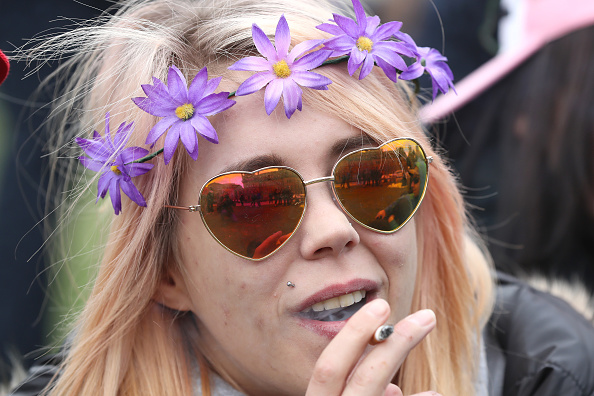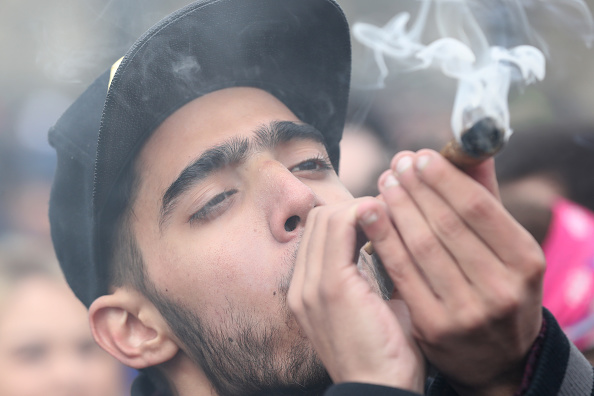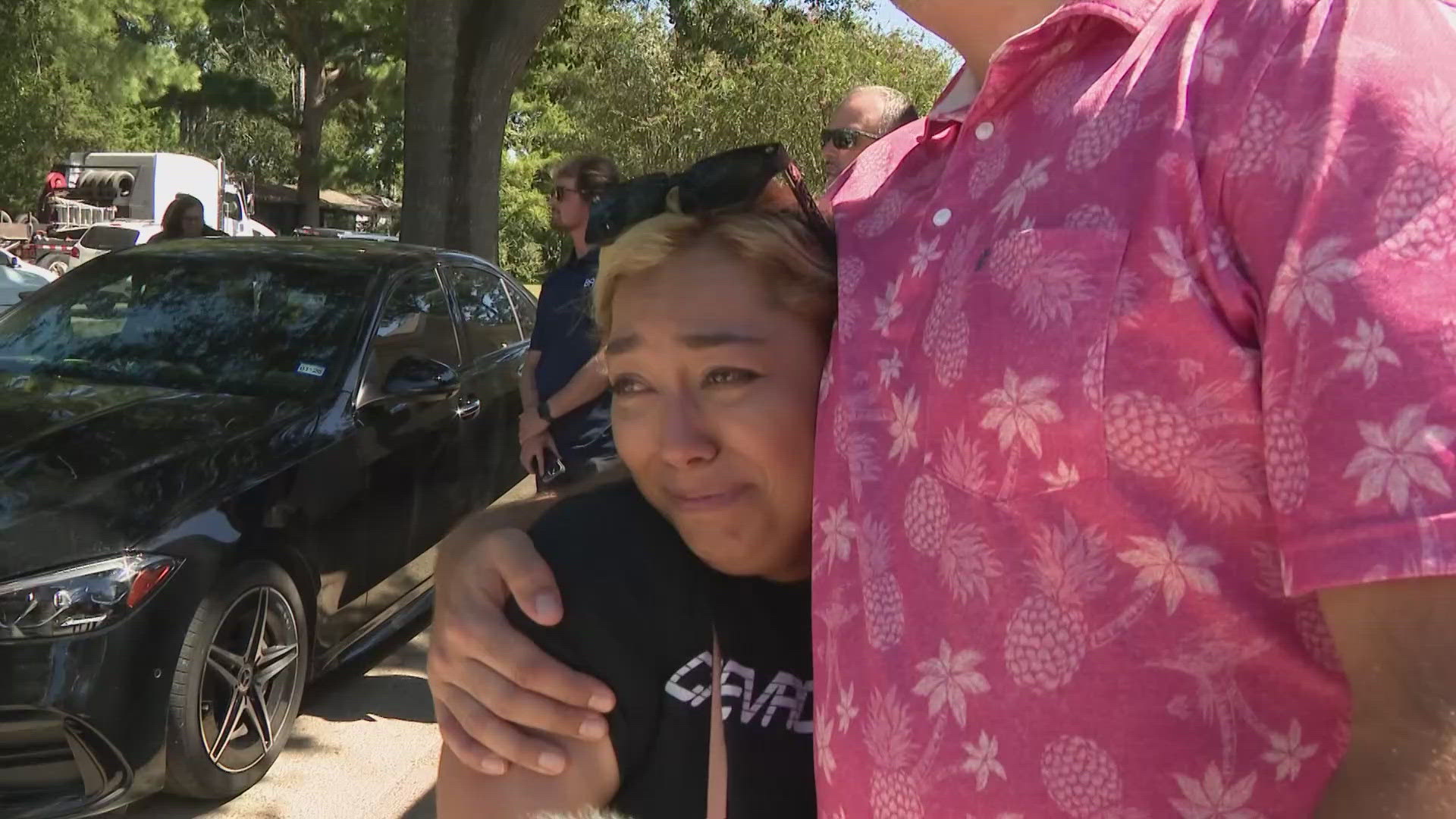Take a look around you: Does your office, coffee shop or Home Depot seem incredibly chill today?
Is the guy who constantly talks about his surfing weekends blessedly quiet, staring off into space with a goofy smile?
That's because it's 4/20 and at 4:20 p.m., a lot of people will take a bathroom break or suddenly remember they left something in their car.
April 20, sometimes called Weed Day, is an annual celebration of marijuana. Incredibly laid-back rallies will take place nationwide as pot lovers gather to show their love for pot in public, but how did this happen?
The number 420 has been used by stoners for decades as shorthand for anything related to dank, and 4:20 p.m. — and a.m. — have been designated as the magic hours for blazing. For a long time, legend had it that 420 referred to a California police code used on runs to make arrests involving the sticky icky, but no such code exists.

The real story is much better. A Huffington Post writer set the record straight in 2009 when he tracked down the guys who coined the term, and in 2012 the site got them to go on record.
It began with five friends who attended San Rafael High School in San Rafael, Calif. They called themselves the Waldos, and in 1971 they heard a rumor that a local pot farmer had abandoned his crop, the location of which was said to be in the nearby Point Reyes National Seashore, which has more than 71,000 acres.
They met after school for weeks at, you guessed it, 4:20 p.m.to search for the crop. They never did find it, perhaps because they were baked out of their minds the entire time, but eventually, they came to associate the number 420 with anything involving weed.
They also had ties to the Grateful Dead, which had relocated to San Rafael. The father of Waldo Mark Gravitch was the Dead's real-estate agent and the older brother of Waldo Dave Reddix roadied for the Dead's Phil Lesh, according to Ryan Grim's HuffPost story.

By then, the use of 420 as a codeword for getting high was becoming common, and Patrick Reddix said it's safe to assume he used it many times in front of Lesh.
And now it belongs to the world.
Smokers on The Price Is Right have been bidding variations of 420 for years, most famously by Evan Goding in his epic appearance. Clocks in both Lost in Translation and Pulp Fiction were set at 4:20.
A California bill that addressed the regulation of medical cannabis was SB 420. In Fast Times at Ridgemont High, a movie beloved by stoners because of Sean Penn's eternally baked Jeff Spicoli character, a football game ends with a score of 42-0.
As of a few years ago, the Waldos of record — Reddix, Gravitch, and Steve Capper — were businessmen. Gravitch's Facebook page makes no mention of 420, and the business bios of Reddix and Capper don't either.
But who knows? Maybe they're wandering through the woods of Point Reyes right now, taking one last shot at finding that magic patch of grass.


